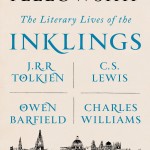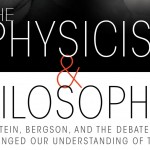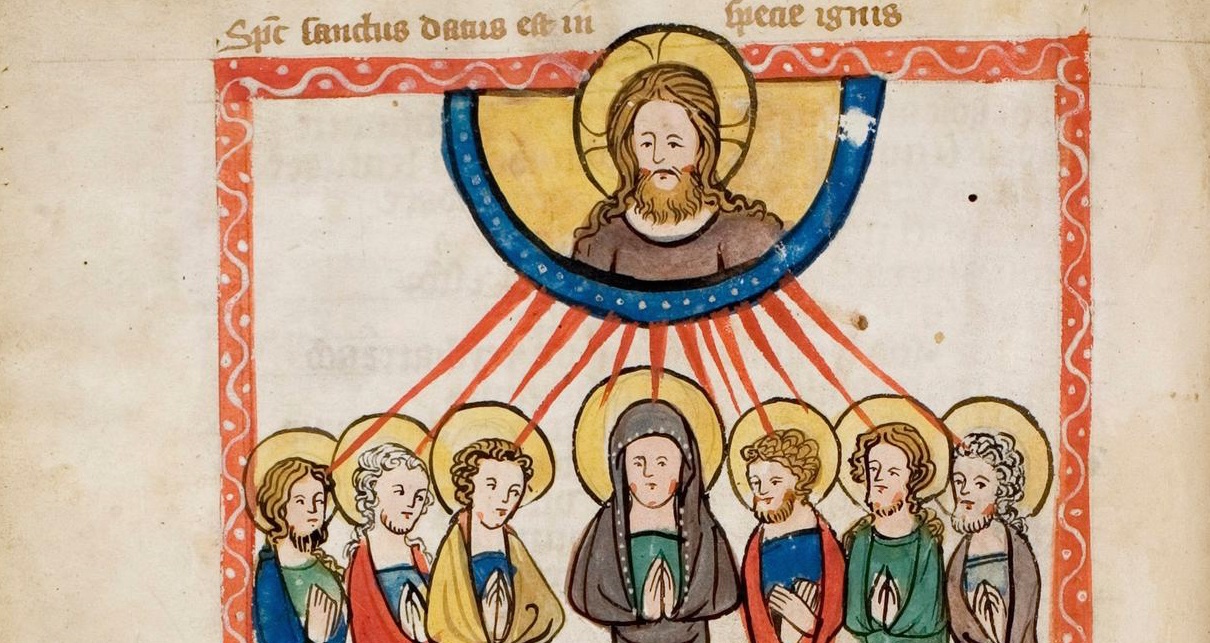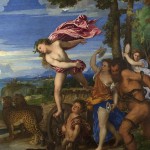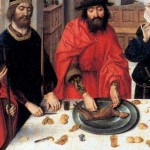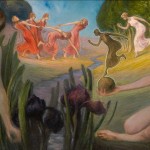I’ll be honest with you. I’m not a fan of C.S. Lewis. He is immensely overexposed and it drives me nuts. But I generally love the other Inklings, especially the nonfiction of Charles Williams (The Descent of the Dove and He Came Down from Heaven). Barfield’s Saving the Appearances: A Study in Idolatry is an unjustly forgotten major philosophico-theological tour de force. You know what? There’s a nearly 700 page biography of the Inklings coming out on the 2nd of... Read more

